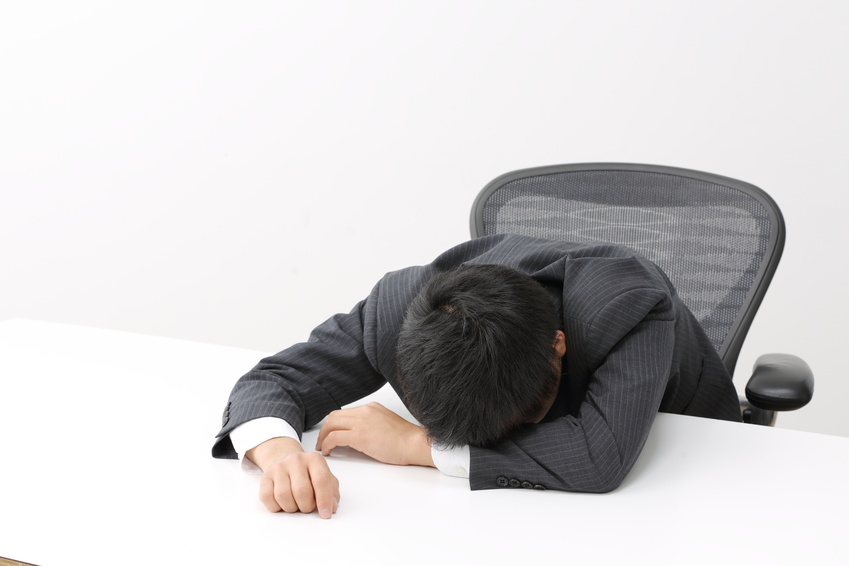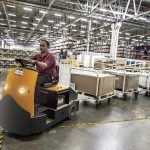Our trade workers are at the heart of our economy. Similarly, large and small businesses rely on their staff to keep goods flowing between suppliers and their customers. However, relatively little has been done to ensure that these kinds of employees are enjoying optimum foot health.
This is surprising, as we all know that that being active all day can wreak havoc with the lower limbs if they’re not provided with the right support. Workers, traders and retail assistants are likely to be standing or talking for more than four hours at a time, which is one of the key risk factors in the development of overuse injuries.
This is because while they’re upright, twice of their body rate in force is being applied to their feet and legs. If they are not wearing robust or supportive footwear, this force will start to take its toll on their joints and ligaments, resulting in pain and discomfort in the heels and the arches of the feet (amongst other areas such as the ankles, knees and lower back).
Help is at hand, however. Made to measure insoles are becoming an increasingly effective option for businesses who want to protect their staff from injuries and discomfort, without investing in expensive custom-designed footwear. Although, comfortable shoe inserts that are specially designed for standing for too long are already made available in the market nowadays. However, made to measure insoles are still preferred by many employers to ensure proper fitting
These insoles are discreet, affordable and can be adjusted by the wearer by means of a series of metatarsal pads, which sit underneath each insert to provide extra support to the metatarsal bones and plantar fascia. They are, therefore, a much more sustainable option for directors, managers and health and safety consultants who are worried about escalating costs but still want to ensure their teams are well looked after.
Here, we explore three ways in which today’s made to measure insoles are changing the game for those who care about the health and wellbeing of traders and retail workers.

The extra support delivered by custom-designed insoles has been proven to improve the wearer’s posture, reduce the symptoms of foot fatigue, and even help in the fight against a range of foot-related illnesses – including plantar fasciitis and Achilles tendonitis, two ailments that are common amongst workers who are on their feet all day.
Customisable insoles that support the metatarsal bones will provide extra support to the arches of the feet and help to absorb some of the shock from movement. Not only that, they will serve to stabilise the ankle joints, reducing the likelihood of sprains and other injuries as staff are going about their daily tasks.
Research from the last decade has found that thousands of people are signed off work every year due to foot-related problems. Depending on the worker’s role, the average cost of absence could set the company back thousands of pounds per day. For this reason, we think it’s vital that tradespeople and retail workers regularly wear insoles to adequately cushion the areas of the feet that need extra support. Prevention is better than cure, after all!
Wearing insoles is a sure-fire way to actively prevent injuries and minimise the risk of pain, discomfort and fatigue in the feet. Staff are less likely to suffer from these ailments, so they are therefore less likely to request time off to recover from them, meaning productivity remains high within the business.
Companies that care about the welfare of their staff should be searching for cost-effective ways to promote better health and safety policies in their workplaces. Made to measure insoles are a viable alternative to standardised corporate footwear, which might not accommodate every worker’s needs. By introducing insoles, businesses can invest in shoes that are somewhat cheaper but add an extra layer of cushioning to every pair for a relatively small cost per head.
What’s more, customisable insoles can be adjusted by each employee, for each employee. Staff won’t need to attend training sessions or fittings to get the results they crave – they simply change the firmness levels of the support pads in the bottom of each insert until they find a comfortable combination.











